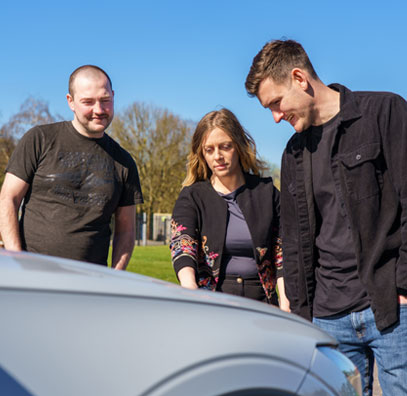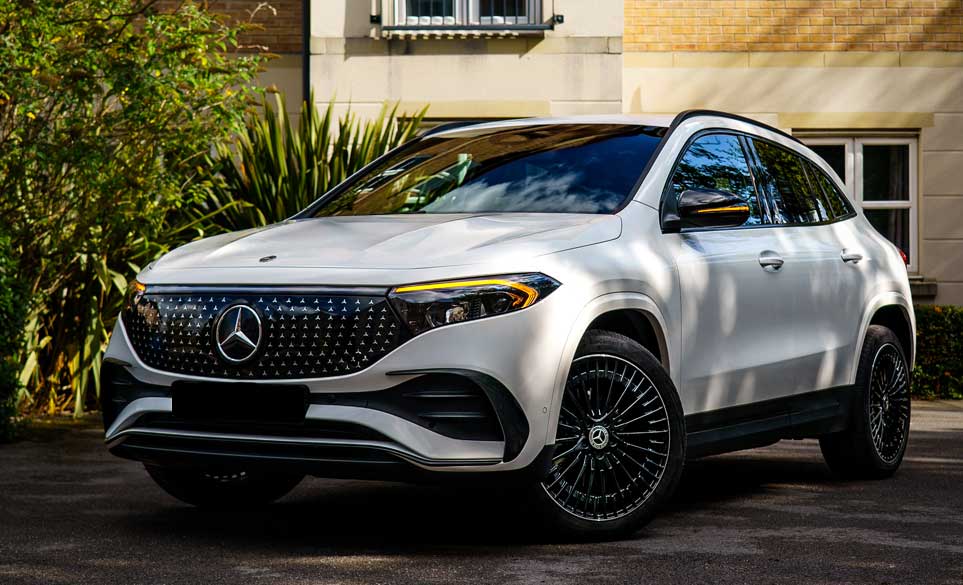If you’ve never accessed a car through your job before, you might not know that there are several different ways your employer can offer you a vehicle — including traditional company car schemes, and salary sacrifice.
Some companies offer a choice of vehicles that can only be used for journeys necessary for the job, while others are more flexible, and allow them to be used for work, leisure and everything in-between. Keep reading our helpful guide, as we unpack everything you need to know about salary sacrifice and company car schemes.
What is a salary sacrifice car scheme?
Salary sacrifice is an employee benefit offered by some businesses, which allows you, the employee, to exchange a portion of your gross salary for a non-cash benefit, like a company car. It’s a simple, affordable way for you to drive a brand-new vehicle, and unlike personal leasing, no deposit is required upfront. Payments are made in monthly instalments, and many salary sacrifice packages also cover extra associated costs as well as the car itself, like insurance and a breakdown service.
There are tax implications of a salary sacrifice scheme — as employees will need to pay Benefit-in-Kind tax, but this can be as low as 3% with electric vehicles. Plus, as salary sacrifice payments are taken from your pre-tax income, you also benefit from reduced National Insurance and Income Tax.







